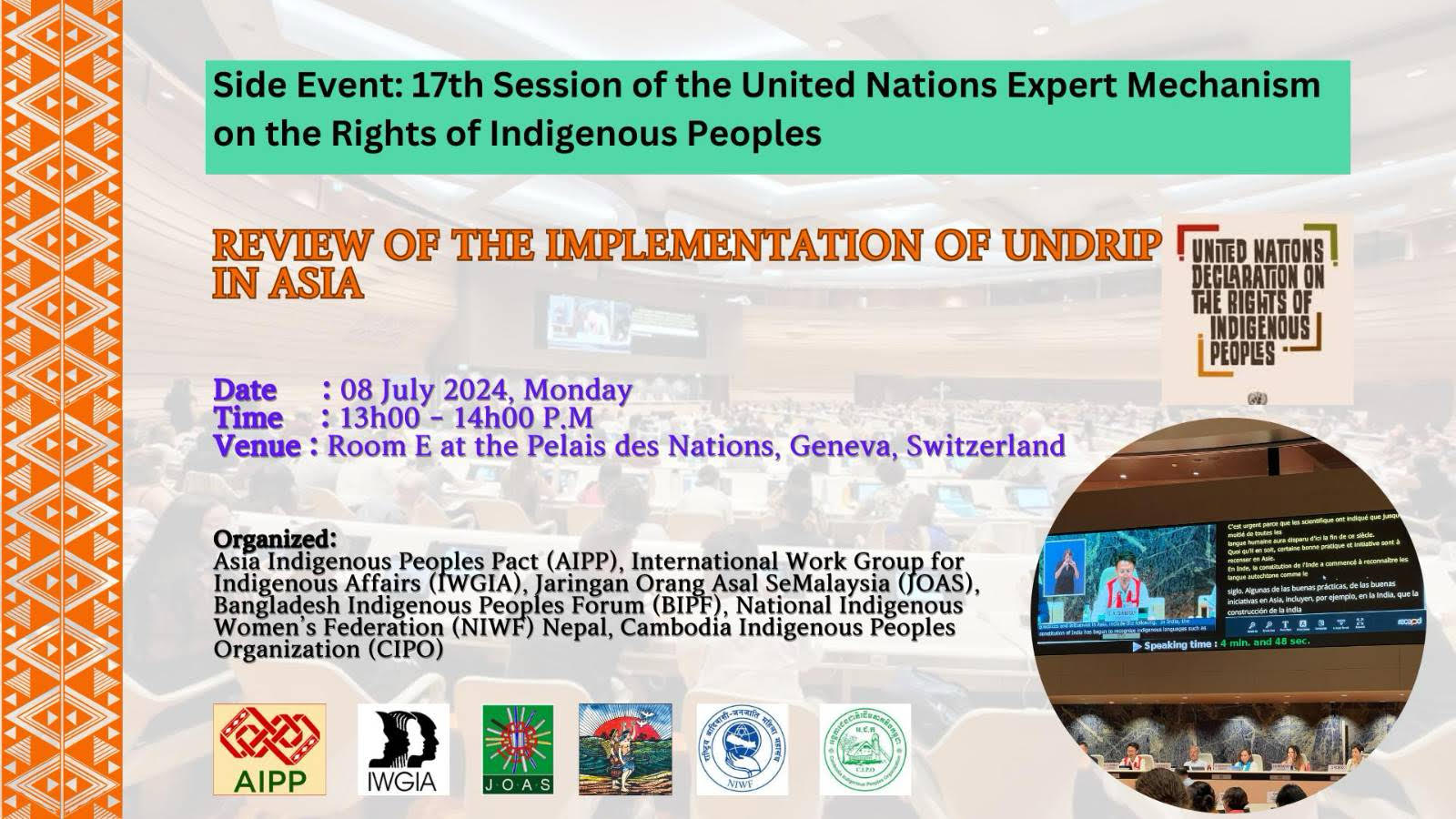- The state is not sensitive towards recognition on identity of indigenous women and their rights.
- Indigenous women face ethnic, linguistic, religious and cultural discrimination as being indigenous peoplesand being indigenous women.
- Also face gender based discrimination as being women. The traditional knowledge and skills of indigenous women are not given protection and priorities.
- Indigenous women have also lower access to training and skill development opportunities.
- The recent conflict has severely affected livelihoods, security, health and education of indigenous women.
- The conflict has displaced a large number of indigenous women. Indigenous women constitute a big chunk of the total number of women trafficked each year.
- Indigenous women from many indigenous groups constitute the poorest of the poor in Nepal.
- Indigenous women are excluded in decision making bodies at all levels and the state is insensitive to make proportional representation at all levels based on caste/ethnicity, gender and region.
- Respect indigenous women’s rights to ancestral land and territories which is the sole basis of livelihoods.
- Respect indigenous women’s rights to self-determination for autonomy on the basis of ethnicity, language and region in a federal system.
- Recognise customary laws and justice systems.
- Provide proportional representation of indigenous peoples and indigenous women at all levels.
- Recognise diversity among women and give equal access, opportunity control and benefits to indigenous women, including by women’s rights movement.
- Disaggregate data by caste/ethnicity, including by GOs, INGOs, NGOs.



